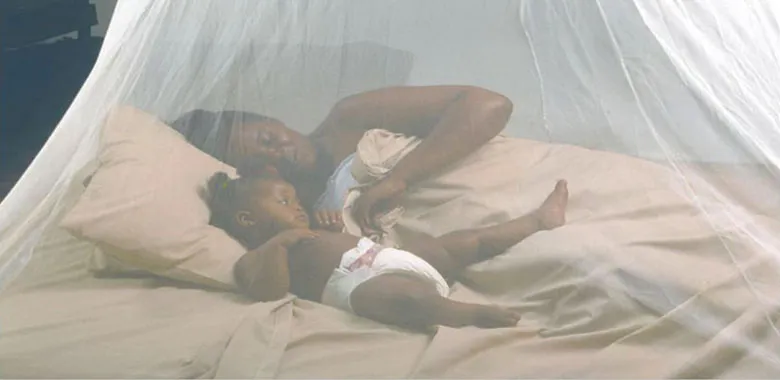By Aulah Najjuuka
In the heart of Uganda, malaria is not just a distant threat but a constant companion for many. Take the story of Joseph Kasagga, a 35-year-old farmer from Nabuti. Over the years, he’s battled malaria more times than he can count, each episode more harrowing than the last. “It’s like a shadow that never leaves,” he says. “Every time I fall sick, it feels like I’m fighting for my life all over again.”
Kasagga’s experience is all too familiar to many Ugandans, especially during the rainy season when the mosquitoes seem to increase in number. Despite taking precautions, the disease has become an almost inevitable part of life. “I’ve seen neighbours lose their children to malaria,” he reflects sombrely. “It’s a pain that stays with you. But what choice do we have? We have to keep fighting.”
Kasagga’s story is a stark reminder that while the battle against malaria continues, the impact on lives and communities remains deeply personal. It underscores the urgent need for effective prevention and timely treatment to reduce the devastating toll of this disease.
Understanding malaria
Malaria is characterized by symptoms such as fever, chills, headaches, and muscle aches. In severe cases, it can lead to complications like anemia, respiratory distress, or even death. Children under five years and pregnant women are particularly vulnerable to the disease, making prevention and early treatment crucial.
Dr. Sarah Namutebi, a medic at Hannah Medical Centre Mukono, emphasises the importance of awareness and education in the fight against malaria. “Many people in our community are familiar with the symptoms of malaria, but they may not fully understand the importance of early intervention or the best methods to prevent the disease. Education is key to changing this,” she says.
Dr. Sarah Kizito, a doctor at C-Care IMC Kireka says that there are many malaria prevention measures but which work only if done right. “The top five most effective ways to prevent malaria are using insecticide-treated mosquito nets (ITNs), indoor residual spraying (IRS) which is commonly known as spraying of insecticides, proper environmental management, antimalarial prophylaxis, and early diagnosis and treatment.”
According to Dr. Kizito, these are the top ways one can prevent malaria.
Insecticide-Treated Nets (ITNs)
“Sleeping under an insecticide-treated net is the single most effective way to prevent malaria. It reduces the chances of being bitten by an infected mosquito, especially at night when mosquitoes are most active.” She states that this is the most effective way to prevent malaria as it keeps you safe all night long which is when mosquitoes are always on the hunt.
Indoor Residual Spraying (IRS)
“IRS involves spraying the inside walls of homes with long-lasting insecticides. It’s highly effective in reducing mosquito populations in the house, making it a critical second line of defense after ITNs.”
Environmental Management
“Mosquitoes breed in stagnant water, so proper environmental management—such as clearing bushes, draining stagnant water, and properly disposing of waste—can significantly reduce mosquito breeding sites. It’s a community-level intervention that can have a huge impact.”
Antimalarial Prophylaxis
“For certain high-risk groups, such as pregnant women and travelers, taking antimalarial drugs as a preventive measure can be very effective. These drugs reduce the risk of contracting malaria if exposed.”
Early Diagnosis and Treatment
“Prompt diagnosis and treatment of malaria not only prevents severe illness but also reduces the transmission of the parasite to others. In Kampala, where healthcare access is relatively better, encouraging people to seek treatment at the first sign of symptoms is crucial.”
Dr. Kiziito further stressed that as medical experts, they are working tirelessly in their research on better malaria prevention measures because as the disease evolves, its prevention and treatment evolves too. “Recent research has focused on developing new types of insecticides to combat mosquito resistance, which is a growing problem in Uganda. “There are also promising developments in malaria vaccines, with the RTSS/AS01 vaccine being piloted in several African countries. While it’s not yet widely available, it represents a potential game-changer in malaria prevention,” she notes.
She emphasises, “Community engagement is key. We need to increase awareness about the importance of using ITNs and the benefits of the IRS. Education campaigns should focus on the dangers of stagnant water and the need for environmental management. Additionally, healthcare workers should be trained to promote early diagnosis and treatment. Collaboration with local leaders and community health workers can help reinforce these messages and ensure that they reach every household.”


